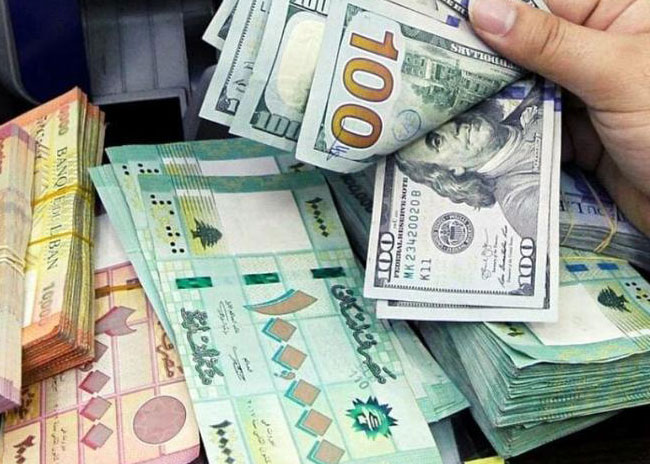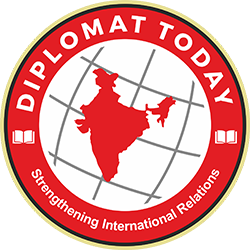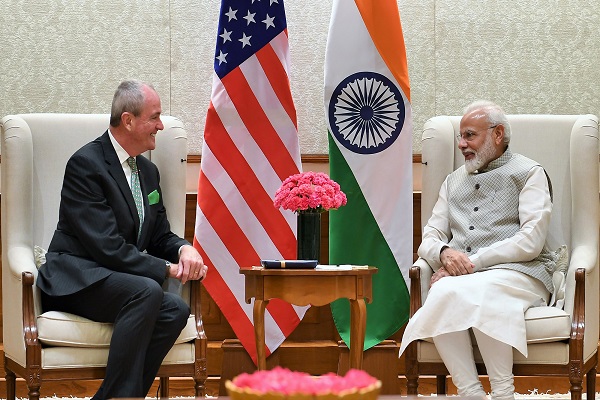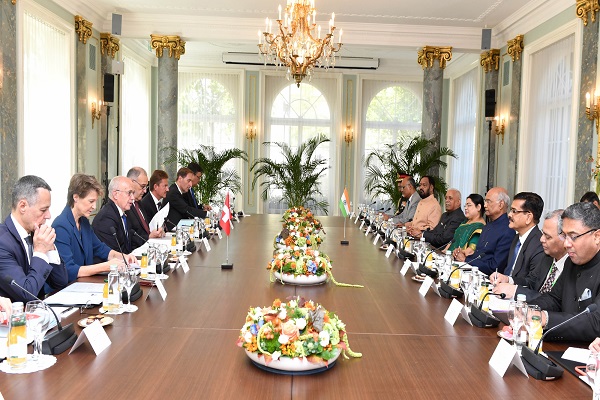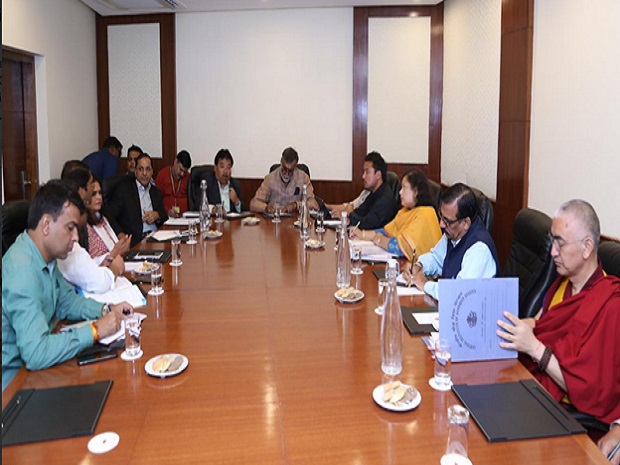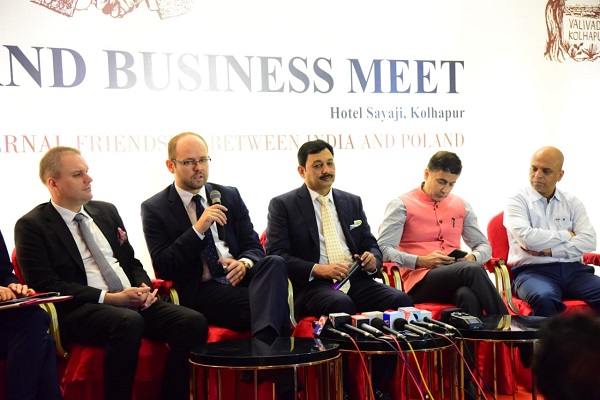According to a analysis by Arabian Business based on the Big Mac index the Lebanese pound further dropped against the US dollar on the black market, ranging on Monday to become the world’s most undervalued currency.
The new rate of between LBP/$8,600-LBP/$8,750 means the currency has lost 81 percent of its value in the past year since banks began restricting withdrawals of dollars.
Lebanon has pegged the value of its currency to the dollar at the rate of LBP1,507 for the past three decades, and the government still officially maintains the level even as the pound collapses and banks halt all dollar withdrawals, except for what are called “fresh” transfers of dollars from overseas.
The pressures on the Lebanese pound have intensified amid plans to reduce subsidies and launch subsidy cards that would allow poor families to buy basic products at a rate of LBP/$1,515.
In January, the Big Mac costs LBP6,500 in Lebanon and $5.67 in the United States. The implied exchange rate is 1,146.38. The difference between this and the actual exchange rate, 1,514.00, suggests the Lebanese pound is 24.3 percent undervalued, according to the Big Mac index.
In October, the Big Mac costs LBP9,000 in Lebanon and $5.71 in the United States. The implied exchange rate is 1,576.18. The difference between this and the official exchange rate, 1,512.00, suggests the Lebanese pound is 4.2 percent overvalued.
But compared to the black-market rate at LBP8,500 per $1, the Lebanese pound is 439 percent undervalued.
The Big Mac index is based on the theory of purchasing-power parity (PPP), the notion that in the long run exchange rates should move towards the rate that would equalise the prices of an identical basket of goods and services (in this case, a burger) in any two countries.
Purchasing-power parity implies that exchange rates are determined by the value of goods that currencies can buy. Differences in local prices can suggest what the exchange rate should be.

